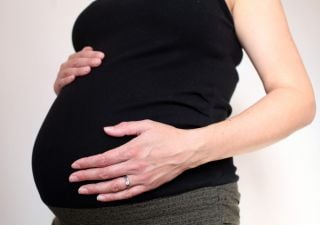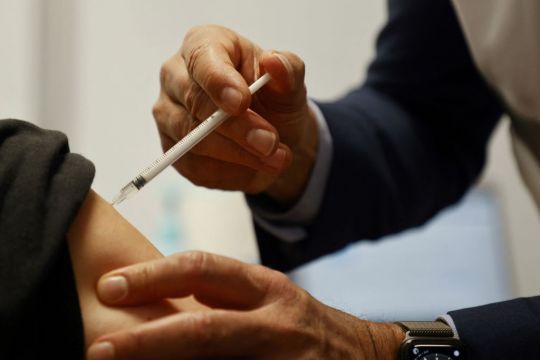Pregnant women in the early stages of gestation have been refused the Covid-19 vaccine despite a Government announcement last week that it was being made available at any stage of pregnancy.
The Health Service Executive says it has yet to “operationalise” the change in official guidelines, which follows a recommendation by the National Immunisation Advisory Committee. Previously, the vaccine was advised only for pregnant women at 14-36 weeks.
As a result, a number of pregnant women who attended walk-in vaccination centres in recent days were refused the vaccine because they had not reached 14 weeks’ gestation, according to Dr Vicky O’Dwyer, consultant obstetrician and gynaecologist at the Rotunda hospital in Dublin.
The HSE helpline told women the new guideline had not been implemented and therefore it was not accepting pregnant women outside 14-36 weeks for vaccination.
She told The Irish Times some women in the early stages of pregnancy were successful in having the vaccine administered: “It was a mixed experience – some got it, some didn’t.”
Under Niac’s recommendation pregnant women should be offered the vaccine at any stage of pregnancy following “an individual benefit-risk discussion with their obstetric care-giver”.
Dr Cliona Murphy, chairwoman of the Institute of Obstetricians, said there was “always a bit of a lag” between advice coming from Niac and its implementation. At present the consent process allows for vaccination at 14-36 weeks only.

Some women who attended for vaccination at their GP or pharmacy may have been able to access the vaccine because a “slightly different process” is in place, she added.
On Monday the HSE said it would be in a position to offer all pregnant women the vaccine by the end of this week.
“We’re now following the normal process to operationalise this new guidance, including updating the IT system, clinical guidance and consent information to ensure people availing of the vaccine have the best information possible to make an informed decision,” a spokeswoman told The Irish Times.
Niac recommended the change in advice to the Department of Health on August 30th. This was endorsed by the chief medical officer Dr Tony Holohan the following day.







